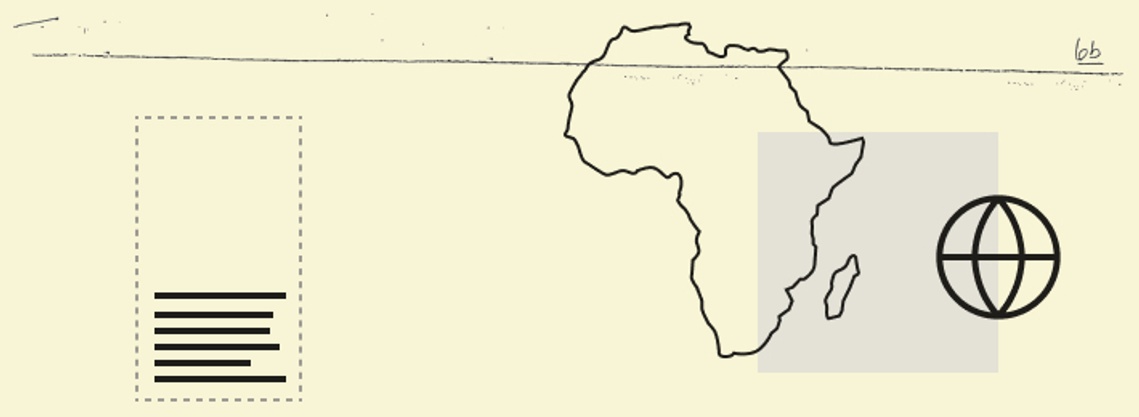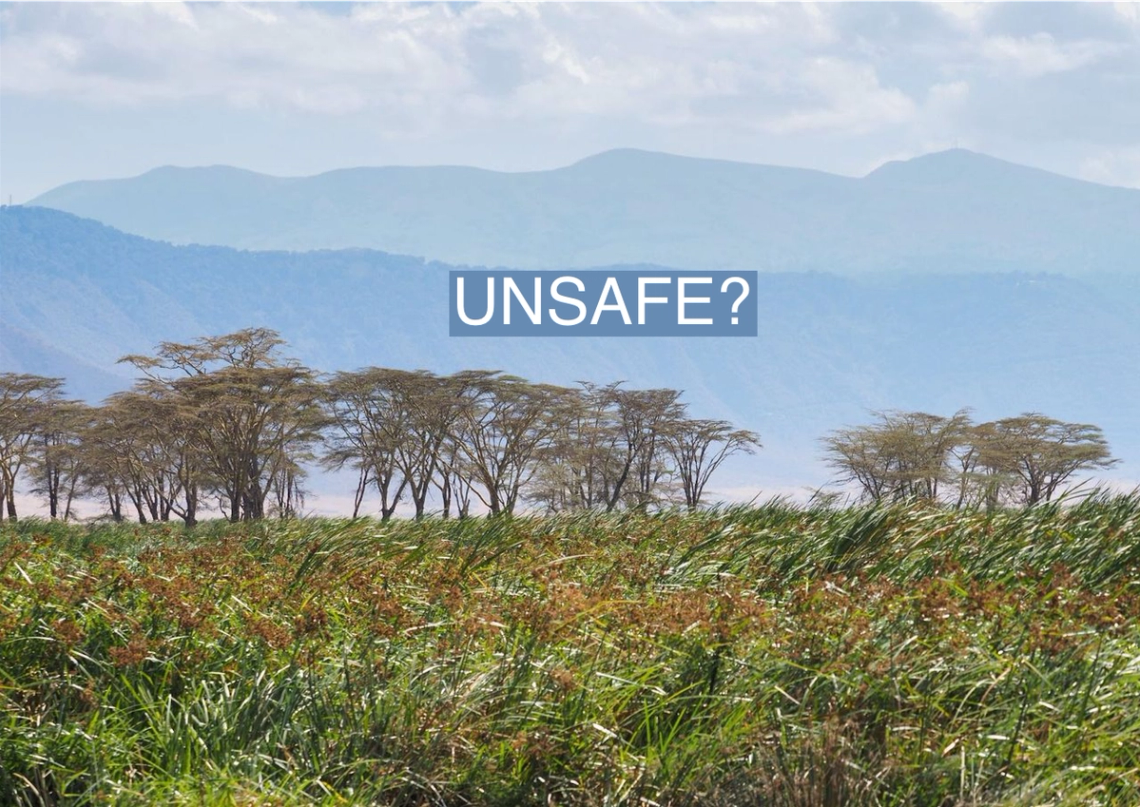  Soeren Stache/picture alliance via Getty Images Soeren Stache/picture alliance via Getty ImagesGovernance🇹🇿 The World Bank suspended a $150 million tourism development project in southern Tanzania after a US-based rights group accused it of enabling killings, rape and forced evictions of the locals by Tanzanian rangers. 🇬🇭 Ghana’s finance minister on Sunday said that the government expected to reach a memorandum of understanding with the country’s bilateral creditors to restructure $5.4 billion in loans. Ghana is seeking debt relief after defaulting on its loans in Dec. 2022. 🇳🇬 Nigeria plans to borrow $2.25 billion from the World Bank, finance minister Wale Edun said. The loan, which Nigeria expects will be approved in June, will comprise $1.5 billion in development policy financing and $750 million in programme-for-results financing. 🇪🇹 The United Nations said about 29,000 people have been displaced after fighting over contested land broke out in the Tigray and Amhara regions in Ethiopia. Officials in Amhara have accused forces from Tigray of launching an invasion, but former rebels in Tigray deny the accusations. 🇳🇬 A trial against cryptocurrency exchange Binance and two of its executives will be held on May 17, a Nigerian court said on Friday. Binance has not been formally served with the charges, which include failure to register with Nigeria’s Federal Inland Revenue Service for tax remittance purposes. Energy🇳🇦 Namibia could soon begin oil production. Portuguese oil and gas company Galp Energia said it had found at least 10 billion barrels of oil in the country’s Mopane field. 🇰🇪 Kenya Power and Lighting Company, a state-owned utility, plans to invest 258 million Kenyan Shillings ($1.9 million) in buying electric vehicles and setting up charging stations within the next three years. Geopolitics Aviation-images.com/Universal Images Group via Getty Images Aviation-images.com/Universal Images Group via Getty Images🇳🇬 Nigeria said it plans to acquire 24 M-346 fighter jets from Italy’s Leonardo. The first six jets are expected to arrive in the country before the end of the year. 🇳🇪 🇺🇸 The US and Niger reached an agreement to withdraw American troops from the country. There are about 1,000 US troops in Niger, operating from two bases to curb jihadis groups. 🇷🇼 🇬🇧 The UK’s parliament passed a bill that will allow the government to send asylum seekers to Rwanda for processing. British Prime Minister Rishi Sunak on Monday promised to start sending asylum seekers to Rwanda within 10 to 12 weeks. Deals🇿🇦 Spatialedge, a South African provider of machine learning software, raised $3 million from the Hlayisani Growth Fund, a firm in South Africa. 🌍 TLcom Capital, an Africa-focused venture capital firm, raised $154 million for its second fund for investing in African startups. 🇰🇪 Base Resources, the Australian parent company of the Kenyan titanium mining company Base Titanium, is to be acquired by US company Energy Fuels for 31 billion Kenyan Shillings ($247.9 million). |